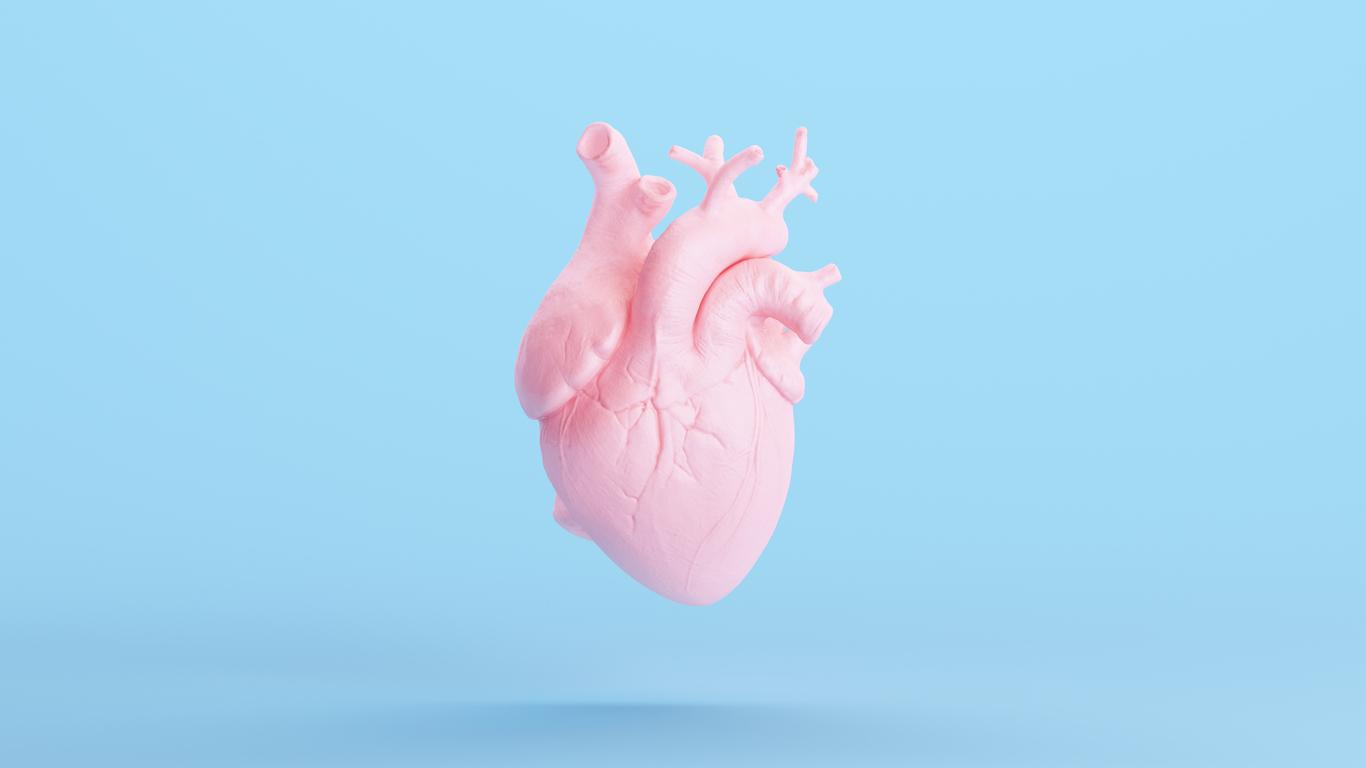
December 14, 2016.
A team of researchers from Imperial College London, UK, in partnership with the University of New South Wales, Australia, have developed a patch that may reduce the damaging effects of a heart attack .
Limiting the damage after a heart attack
In the event of a heart attack, the patient may suffer from arrhythmia, meaning the heart tends to beat too slowly, too fast, or irregularly. These heart abnormalities will have an impact on the amount of blood the heart can pump. The most serious risk being that the ventricles of the heart lose their ability to contract and thus interrupt the flow of blood to the brain.
To minimize the damage, British and Australian researchers have developed a flexible patch that sticks to the heart and revives the organ’s electrical impulses if they were to fail. It is these electrical impulses that allow blood to be pumped. Thanks to this patch, researchers found that complications following cardiac arrest were less severeat least in rats.
Make this technology operational for humans
This patch could be prescribed to all people with heart problems. For now, new work will be necessary to further develop this technology and make it operational for humans. ” Our patch is in the very early stages of this research. », Said Professor Damian Mawad who participated in the work.
” This technology can now be used for basic research to better understand the interface between the material and the tissues. », He added in the columns of the review Science Advances who published the study. While ventricular fibrillation causes rapid loss of consciousness and then death, this patch could very soon save lives.
Read also: You can have a heart attack and not know it

















